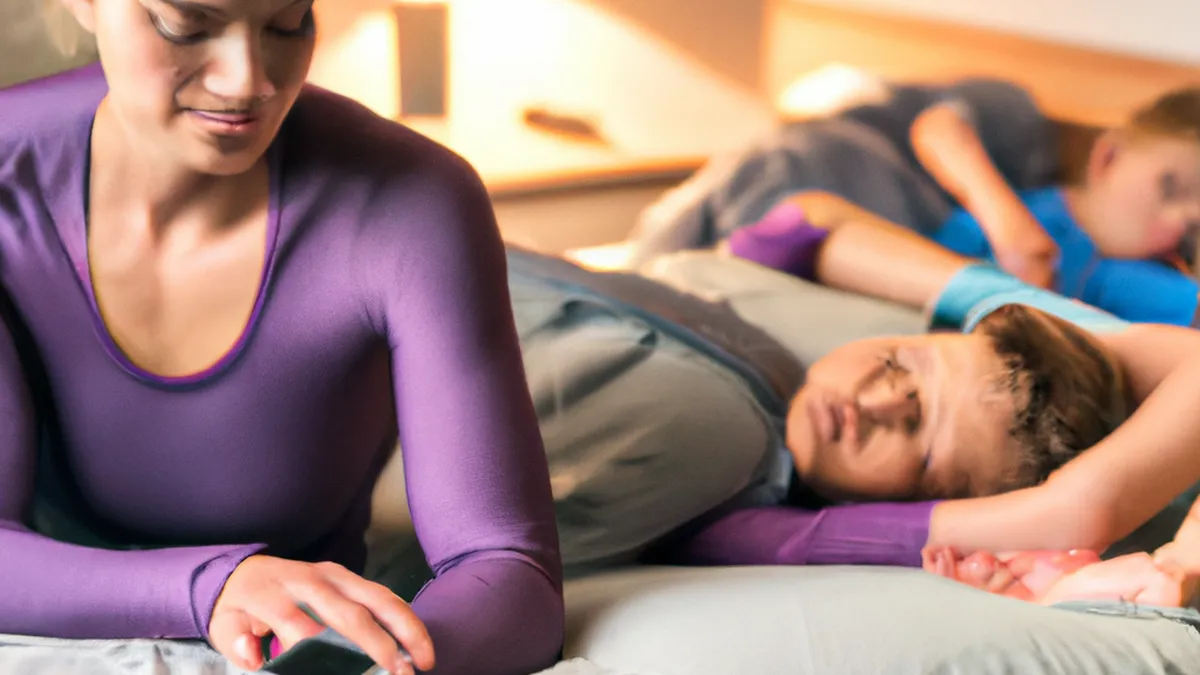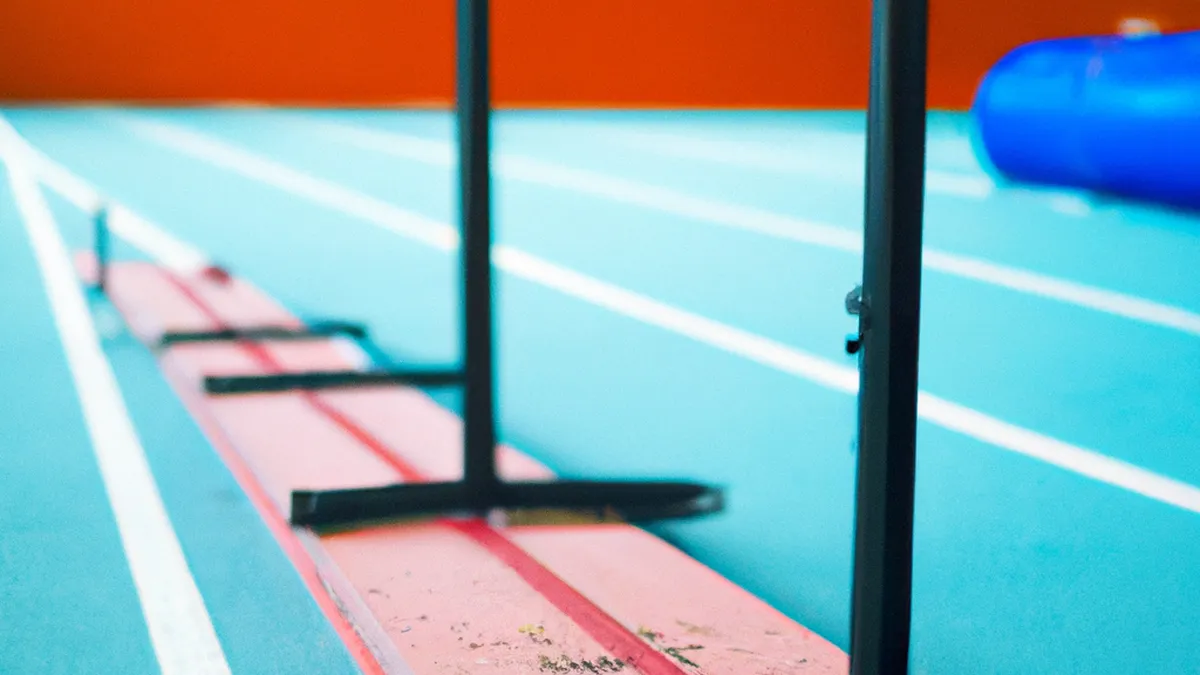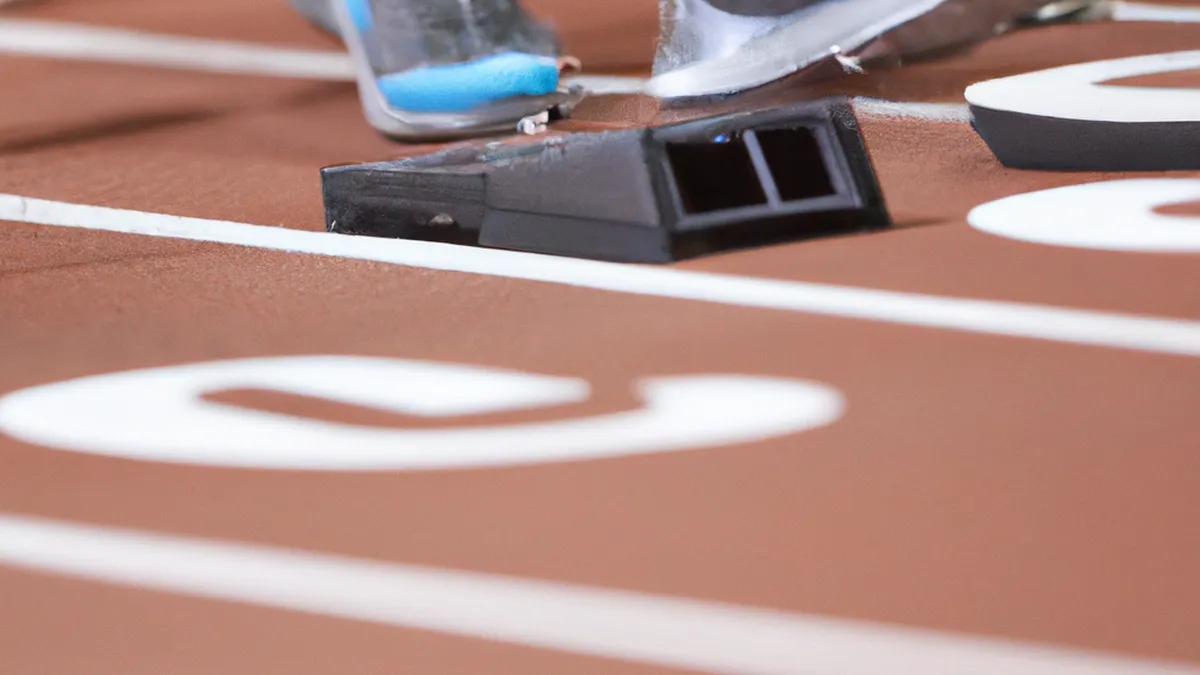Bedtime Routines for Serious Athletes
Sleep Cycle Strategies for AthletesAthletes perform at high levels. They often push their bodies to limits. Many ignore the importance of sleep. Quality sleep supports recovery, performance, and well-being. This blog explores sleep cycle strategies for athletes.
Understanding Sleep Cycles
Sleep consists of various stages, including light sleep, deep sleep, and REM sleep. Each stage supports recovery and performance. Deep sleep repairs muscles and tissues, while REM sleep enhances memory and cognitive function. Athletes must understand these cycles to optimize sleep.
The Sleep Cycle Breakdown
A typical sleep cycle lasts about 90 minutes. Each cycle includes light sleep, deep sleep, and REM sleep. Most people experience four to six cycles per night. Athletes should aim for quality sleep to complete multiple cycles.
Why Sleep Is Crucial for Athletes
Sleep deprivation severely impacts performance. It affects reaction times, focus, and decision-making. Insufficient sleep increases injury risk. Athletes must prioritize sleep alongside training. A well-rested body performs better and recovers efficiently.
Tips for Optimizing Sleep
As an Amazon Associate I earn from qualifying purchases.
Gear tip: consider multisport smartwatch, heart rate strap, and power meter to support this topic.
Athletes can enhance sleep quality with several strategies. Here are effective tips to consider.
1. Create a Consistent Sleep Schedule
Go to bed and wake up at the same time daily. Consistency improves sleep quality. Aim for 7-9 hours each night. Avoid drastic weekend changes to maintain this schedule.
2. Create a Sleep-Friendly Environment
Make your bedroom a sleep sanctuary. Keep it dark, cool, and quiet. Use blackout curtains or sleep masks to block light. Consider earplugs or white noise machines to reduce sound disturbances. A comfortable mattress and pillows enhance sleep quality.
3. Limit Screen Time Before Bed
Screens emit blue light, disrupting melatonin production. Avoid screens at least one hour before bedtime. Engage in relaxing activities, such as reading or stretching.
4. Incorporate Relaxation Techniques
Use relaxation techniques to signal bedtime. Try deep breathing exercises, meditation, or gentle yoga before sleeping. These practices reduce stress and promote calmness.
Additional Advice for Athletes
Athletes can further enhance sleep quality with these suggestions.
1. Monitor Caffeine and Alcohol Intake
Caffeine is a popular stimulant but disrupts sleep if consumed late. Avoid caffeine after mid-afternoon. Alcohol may induce sleepiness but later disrupts sleep. Limit alcohol consumption, especially before bed.
2. Consider Napping Strategically
If possible, take short naps. A 20-30 minute nap can recharge energy levels without disrupting nighttime sleep. Avoid longer naps that leave you groggy.
3. Listen to Your Body
Pay attention to your body’s signals. Prioritize rest when feeling fatigued. Overtraining can lead to burnout and injuries. Recovery is as crucial as training.
Benefits of Proper Sleep for Athletes
Implementing effective sleep strategies provides numerous benefits. Quality sleep enhances athletic performance. Athletes experience improved reaction times, accuracy, and endurance. Additionally, recovery speeds up, allowing for better training sessions. Good sleep boosts mental clarity and focus, enabling better decision-making during competitions.Proper sleep also regulates hormones, improving mood and motivation. Adequate sleep helps mitigate stress effects. Ultimately, prioritizing sleep leads to a balanced and successful athletic career.
Conclusion
Sleep is vital for an athlete’s training regimen. Understanding sleep cycles and implementing strategies enhances performance and recovery. By maintaining a consistent schedule, optimizing the environment, and using relaxation techniques, athletes can enjoy quality sleep benefits. Prioritizing sleep is essential for sports success. Remember, a well-rested athlete performs better. Embrace these strategies and watch your performance soar.
Below are related products based on this post:
FAQ
Why is sleep crucial for athletes?
Sleep is essential for athletes as it significantly impacts performance, reaction times, focus, and decision-making. Insufficient sleep can lead to increased injury risk and hinder recovery. Prioritizing sleep alongside training helps ensure optimal athletic performance.
How can athletes optimize their sleep environment?
Athletes can create a sleep-friendly environment by keeping their bedroom dark, cool, and quiet. Using blackout curtains or sleep masks to block light and earplugs or white noise machines to reduce sound disturbances can enhance sleep quality. A comfortable mattress and pillows are also important for restful sleep.
What strategies can athletes use to improve their sleep quality?
Athletes can improve sleep quality by maintaining a consistent sleep schedule, limiting screen time before bed, and incorporating relaxation techniques such as deep breathing or meditation. Monitoring caffeine and alcohol intake and considering strategic naps can also help enhance overall sleep quality.















Post Comment